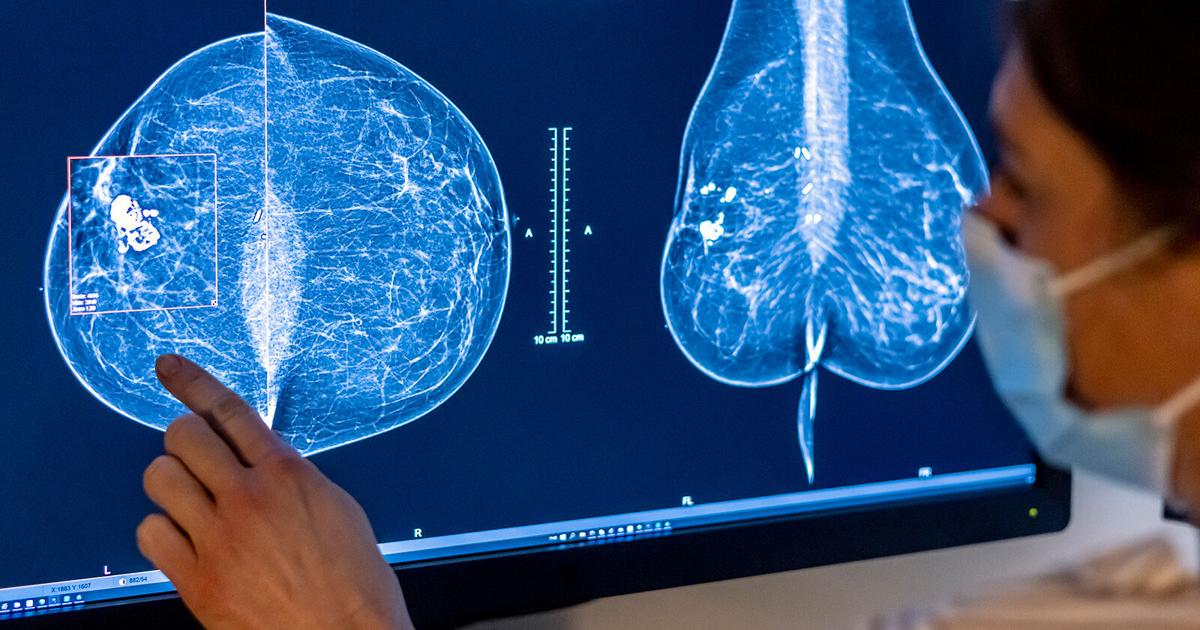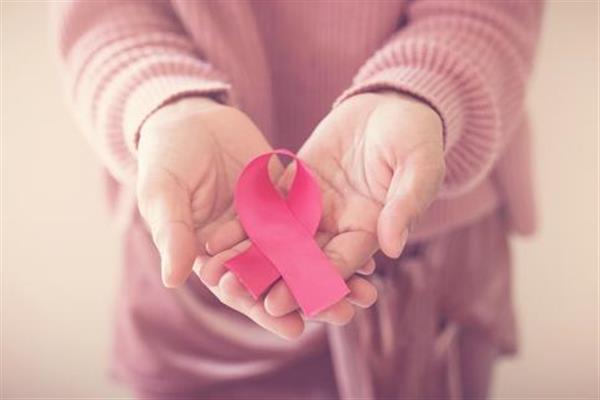In the realm of early breast cancer detection awareness, the ubiquitous lump takes center stage, yet recent survey findings sparks light on a startling reality: a mere 93% of adults in the United States identify a lump as a potential sign of breast cancer.

Breast Cancer Detection: Beyond Lumps – Uncovering 5 Additional Warning Signs (Photo: WTHI)
The ‘Pink Tax’ on Women’s Health: Navigating Beyond Surface Knowledge
In a report featured by CNN News, in October 16, 2023, commissioned by The Ohio State University Comprehensive Cancer Center, the survey reveals a stark knowledge gap, with less than half of respondents recognizing crucial indicators of breast cancer detection like a retracted nipple, breast puckering, or skin thickening. Dr. Ashley Pariser, a breast medical oncologist, emphasizes the urgency of empowering individuals to discern what is normal for their bodies, underlining that many breast changes result from aging and childbirth. This broader understanding about early breast cancer detection becomes paramount, as most breast cancers elude detection through touch alone.
One way for breast cancer detection sparks into the survey’s revelations, a mere 31% of respondents identified an inverted nipple as a sign, while recognition rates for other symptoms hovered around 50%. Dr. Pariser underscores the concern, especially since most breast cancers evade discovery through palpation alone. In 2023, an estimated 300,000 new cases and 43,000 deaths from breast cancer are projected in the United States, reinforcing the urgency for comprehensive breast cancer detection awareness.
Dr. Otis Brawley from Johns Hopkins University stresses that the only cured breast cancers are those detected early, making screening mammograms crucial. Yet, early breast cancer detection relies heavily on individual vigilance and familiarity with one’s own body, demanding a shift from a lump-centric understanding of breast health.
READ ALSO: Federal And State Law Enforcement Collaborate To Apprehend Son Of Alleged Criminal Group Leader In Michoacán
Breaking Barriers to Early Breast Cancer Detection
In a recent news released by KCRA, while progress in breast cancer detection and treatment is evident, there’s a persistent challenge: a significant knowledge deficit. Dr. Brawley underscores the vital role of education in recognizing signs and symptoms that necessitate medical attention. The lack of empowerment, particularly among women, the uninsured, and those with fewer resources, in advocating for their health is a persistent issue.
Dr. Pariser stresses that it’s not just a women’s concern; men, constituting 1% of breast cancer cases, must also feel empowered to seek medical attention for breast cancer detection concerning symptoms. Empowering individuals to articulate health concerns and advocate for thorough investigations becomes crucial, marking a pivotal step toward a landscape where early detection is not just a possibility but a collective responsibility.
READ ALSO: Muslim Boy Stabbed To Death By Landlord After He Got Upset About The Conflict Between Israel And Hamas In Plainfield Illinois
























